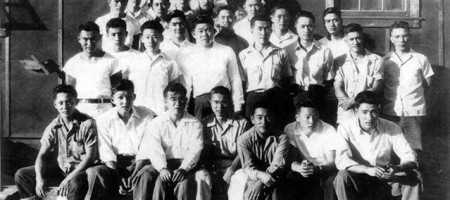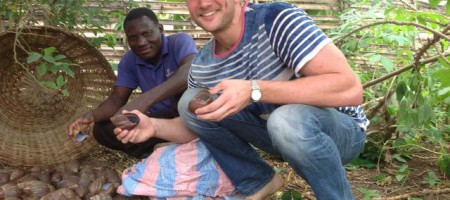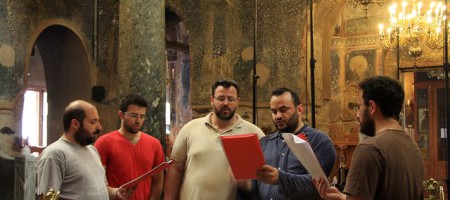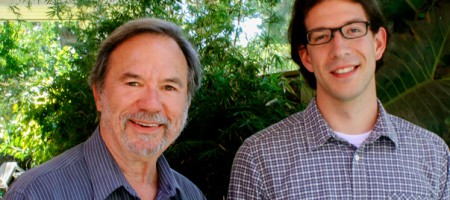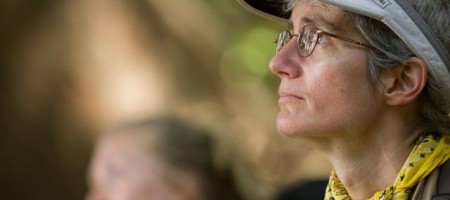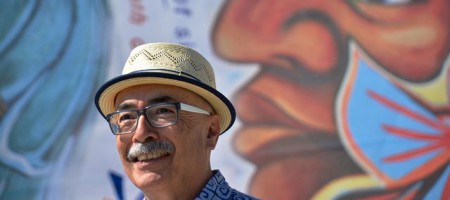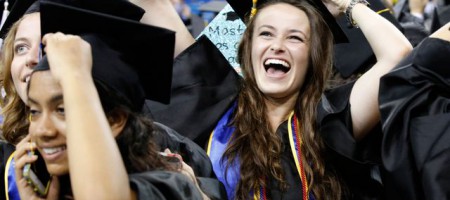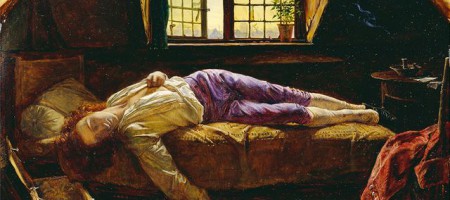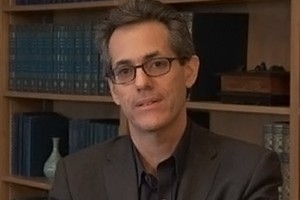A gift from a long-time sociology professor will strengthen graduate student support in UCLA’s California Center for Population Research (CCPR), one of the world’s leading centers for basic science and policy-related research on population processes.
Donald J. Treiman, a research professor and distinguished professor emeritus of sociology, has pledged $200,000 to establish the Donald J. Treiman California Center for Population Research Endowed Student Research Award, which provides up to $6,500 a year to support a student’s research.
“Graduate student research is at the leading edge of the population sciences,” Treiman said. “I am pleased that this gift will help new social scientists to advance knowledge of the causes and consequences of demographic change.”
The first student to receive the Treiman fellowship, John Sullivan, will study the long-term trend in the degree to which young and old live apart in the United States. The project reflects Treiman’s career-long attention to social transformations in how the world works. Sullivan is currently an employee of the Census Bureau at the UCLA Research Data Center and a Ph.D. student in sociology.
Treiman, who arrived at UCLA in 1975, founded the systematic comparative study of social inequality and is one of the world’s leading authorities on social mobility. From the beginning of his career, Treiman has combined an interest in the U.S. population with research on populations in other countries.
He is well known for his discovery of the “Treiman Constant,” the observation that prestige rankings of different occupations are remarkably similar across populations, even those that differ greatly in their level of socioeconomic development. He conducted a series of surveys in societies undergoing major political, economic, and demographic changes, including Russia, China, the former Soviet bloc countries of Eastern Europe, and South Africa.
Since retiring in 2009, Treiman has focused on China, and now studies migration within the country and its effects on health and well-being.
“Professor Treiman’s gift will further our mission by supporting students passionate about understanding society,” said Judith A. Seltzer, director of the Center. “Don has always been an excellent mentor to students and professionals just starting their careers. This gift is another example of Don’s commitment to the next generation of population scientists. We are grateful to Don for his dedication to UCLA, as a researcher and teacher, and now as a philanthropist.”
Established in 1998, the California Center for Population Research is a cooperative of UCLA faculty who carry out basic and applied research and training in demography. Supported by the Dean of Social Sciences, the Executive Vice Chancellor and Provost, and grants from the National Institute of Child Health and Human Development and the National Institute on Aging, CCPR comprises over 90 active faculty researchers from disciplines across the UCLA campus, including biostatistics, community health sciences, economics, education, epidemiology, geography, human resources and organizational behavior, law, medicine, population, psychology, psychiatry, public policy, social welfare, sociology, and urban planning.



